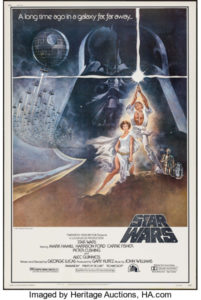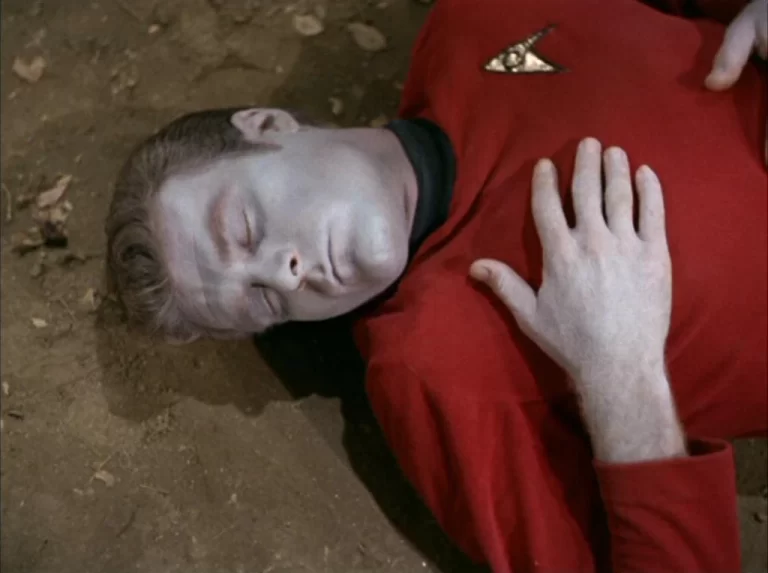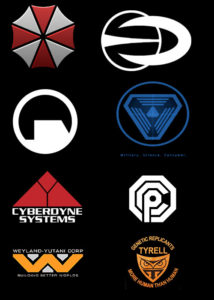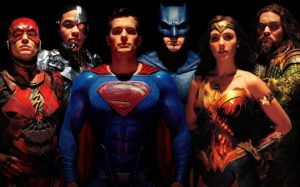(Originally posted on
With the recent brouhaha about Star Wars fandom regarding The Last Jedi, I became aware of something that I should have realized sooner. Namely, that younger Star Wars fans just aren’t aware of why Star Wars became such a cultural institution. How could they? They weren’t there at the beginning. There’s no perspective. They simply don’t know how much that movie changed everything in Hollywood.

Gloom and Doom of the 1970s
I’m one of those old farts who actually viewed Star Wars in the theater during its first run in 1977. I was a young nipper of a mere 9 years of age, and already a science fiction junkie. I sought everything science fiction I could find. However, most of it was older. I didn’t really like the “new” science fiction much. Why would I? Look at the science fiction movies of the 70s up to that point. Nihilistic, preachy and typically completely bereft of anything uplifting. You combine that with America losing Vietnam and staggering under the weight of Watergate. And let us not forget the looming threat of nuclear war against the Soviet Union and stagflation. Joy.
Bleak and hopeless. Even as a young child, I felt the weight of all of this. I didn’t understand all of it, but I felt it. On a personal level, I was a fat kid who was a complete social outcast. I reached out to Hollywood for some escape and got hopeless post-apocalypse doomsdays instead. Which is why I mostly watched older science fiction, when there was still hope in the genre. But I still wanted to see anything that looked cool in the theaters, even if it was only Godzilla movies.
Then one day I saw a trailer for some new movie called Star Wars. The first trailer looked really weird, and certainly didn’t have much of a hopeful vibe, but I still wanted to see it. Take a look at the unpolished, clunky trailer:
No John Williams score, no Dolby Sound, no finished special effects. Not very impressive. Certainly doesn’t look too upbeat.
Hyperspace Road to Damascus
Anyway, I walked into the theater one fine summer afternoon, and was completely stunned. This was like nothing I had ever experienced before. The fast-paced action, the groundbreaking special effects, the swashbuckling plot. And what the heroes did mattered! Good guys could win! It hit my brain like a thermal detonator. The road to Damascus had nothing on that movie theater. Hallelujah!
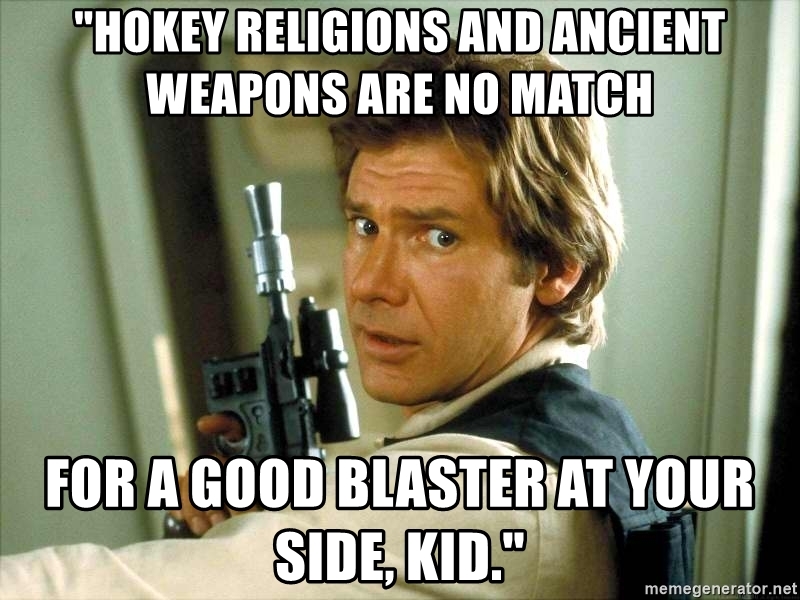
The effect on Hollywood was no less cataclysmic. Up until that point, science fiction movies were relegated to “B” spots or presented as arthouse movies. They certainly weren’t big moneymakers. Star Wars changed all of that. Everyone scrambled to find their own Star Wars. Lots of knock-offs tumbled out the next few years, trying to bottle their own lightning. (Most failed miserably, but a few succeeded in restarting old franchises, like Star Trek: The Motion Picture.) In addition, in 1977, a modest director named Steven Spielberg had another blockbuster science fiction hit in Close Encounters of the Third Kind.
Science fiction was now officially a genre for blockbusters. Star Wars kicked the gate open, and Close Encounters smashed the hinges to pieces. A full-scale Renaissance of science fiction was underway as the 1980s dawned. Besides the Star Wars and Star Trek movies, we got the Alien movies, Terminator, Back to the Future, Ghostbusters Superman and a dozen other. Check out the amount and type of science fiction movies in the seventies here compared with the amount and type in the eighties here.
Hollywood Politics
The 1980s also led us into the Reagan revolution. Regardless of what you think of Reagan, he actually gave the country hope after a decade or more of none. The movies reflected this, whereas the seventies movies gave you nothing but despair–up until Star Wars. It has been said that politics are downstream from culture. Did these hopeful, upbeat science fiction movies reflect a growing feeling of hope, or were they the signal to the political class that we needed something to dine on other than ashes?
I don’t know. I just know that my life and Hollywood were never the same after Star Wars blasted across screens. it’s a cultural touchstone. So when people don’t understand why its fandom gets riled up over undesirable changes, they should probably do a little historical digging.
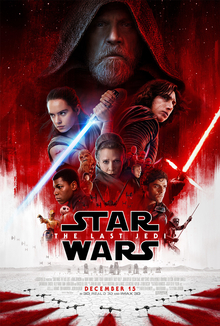
I Hate Star Wars?
Ironically, I get chastised by friends because they think I “hate Star Wars”. This is because I accepted the original trilogy as a child, with a child’s unwavering and unquestioning love. It’s also because the original trilogy is easily the strongest of the movies. But I’m not a child anymore. Brand loyalty has faded. I can look at the awful prequels and disappointing recent movies with an adult’s eye. They ain’t good.
That doesn’t mean I don’t love the original movies any less. Nor does it diminish their importance–especially the first. Because it changed everything.
